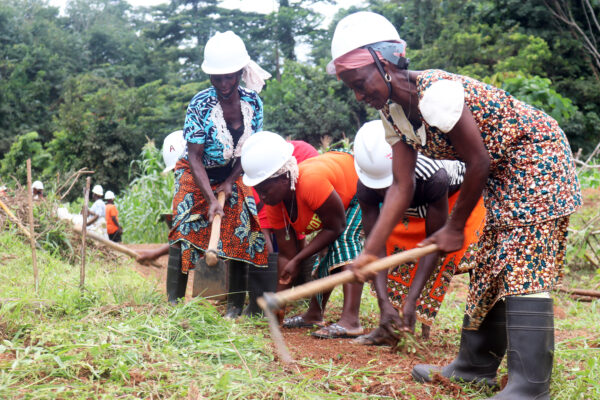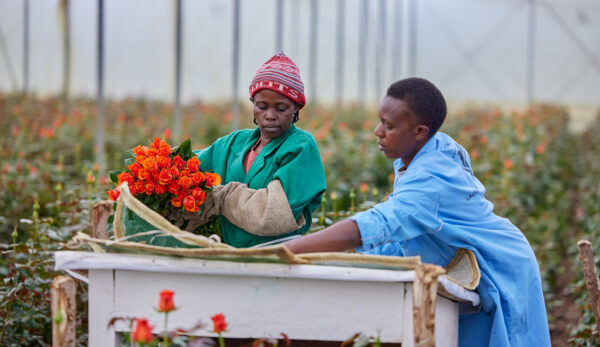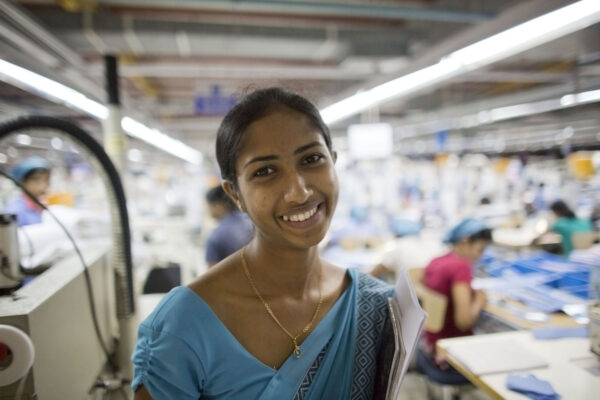About This Platform

Photo Credit: Plan International
The Gender-Responsive Due Diligence (GRDD) Platform describes the process of adding a gender lens to human rights due diligence and offers practical resources and advice to help implement each step of the due diligence process. This platform consists of two core components:
The GRDD platform has primarily been designed and developed for multi-national enterprises and brands with global supply chains, in both products and services sectors. The platform is intended for any company that has started, or is going to start, implementing human rights due diligence and is keen to ensure this is done in a gender-responsive manner.
Understanding Gender-Responsive Due Diligence

Photo Credit: Plan International / Brad & Zenne
What is human rights due diligence?
Human rights due diligence (HRDD) is a continuous process that helps companies identify adverse impacts relating to human rights, labour rights and the environment which are caused by, or connected to, company activities. Furthermore, it entails addressing these adverse impacts by ending the activities causing them, or taking action to prevent adverse impacts from occurring. HRDD is essential for responsible business conduct in international supply chains and forms a central part of the Organisations for Economic Co-operation and Development (OECD) Guidelines for Multinational Enterprises. Read more
What is gender-responsive due diligence (GRDD)?
Gender-Responsive Due Diligence (GRDD) is based on the recognition that human rights violations are not gender neutral and should not be treated as such. GRDD ensures that a gender lens is applied to each step of the due diligence process and encourages companies to actively support gender equality. It goes beyond adding gender as one thematic area: it recognises the specific needs of different genders and analyses how business activities might contribute to gender-based inequalities. GRDD, therefore, provides a more holistic approach to addressing human rights risks in international supply chains. Read more
Why is GRDD important?
Women are often disproportionately affected by adverse business practices. This warrants a due diligence process that actively responds to the needs of women. Therefore, it is important to understand how to determine the gendered impact of human right risks in order to identify and address them correctly. Engaging in GRDD not only contributes to achieving gender equality, but also supports long-term competitiveness and sustainability of individual businesses as well as sectors as a whole. Read more



